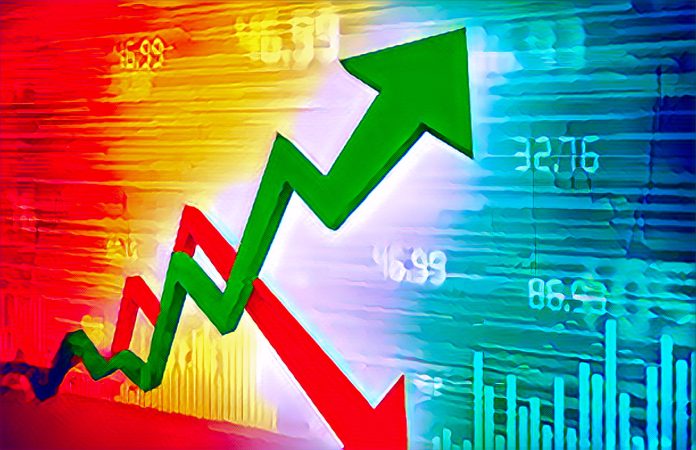Key Points
- Nigeria’s headline inflation rate dropped to 32.15 percent in August 2024.
- This marks a 1.25 percentage point decrease from the July 2024 rate of 33.40 percent.
- Food inflation remains elevated at 37.52 percent, contributing to price pressures.
Nigeria’s headline inflation rate fell to 32.15 percent in August 2024, according to the most recent National Bureau of Statistics statistics.
This indicates a 1.25% percentage point decline from 33.4 percent in July 2024, and the second consecutive monthly slowdown in inflation following the previous month’s easing.
According to Punch, the NBS’s Consumer Price Index data, which was issued on its website on Monday, indicates that the average price level is increasing at a slower rate than the previous month.
The summary stated: “In August 2024, the headline inflation rate further eased to 32.15 per cent relative to the July 2024 headline inflation rate of 33.40 per cent.”
August 2024 inflation rate compared to the previous year
On a year-over-year basis, the August 2024 inflation rate was 6.35 percentage points higher than the August 2023 rate of 25.80 percent, suggesting a significant increase over the previous year.
On a month-on-month basis, the inflation rate in August 2024 was 2.22 percent, slightly lower than the rate in July of 2.28 percent, indicating a slower rate of increase in the average price level than the previous month.
It also stated that food inflation was 37.52 percent in August 2024, while month-on-month headline inflation was 2.22 percent.
Food inflation and price pressures
On a year-on-year basis, August 2024’s inflation rate was 6.35 percentage points higher than the 25.80% recorded in August 2023.
According to Punch, month-on-month inflation also showed a slight decline, standing at 2.22% in August, down from 2.28% in July while food inflation was 37.52% in August 2024.
Nigerians had expected an increase in inflation rates following the recent increase in petrol prices, which are a crucial pricing component for most commodities in the country.
Most Nigerians had anticipated even a higher rate of inflation following the recent increase in the pump prices of petrol which has an impact on the prices of almost all products in Nigeria.
Nigerians brace for more challenges
While there could be some consolation in the inflation numbers for August, the fact remains that the cost of living is still high and poses a challenge to many households given the current hike in fuel prices which has made transportation and food prices go up.
Although there are some positive signs in terms of moderating inflation, there are still many economic problems to deal with. According to analysts, it is thought that eradicating these persistent cost increases will demand broad-based changes in several areas of the economy.



